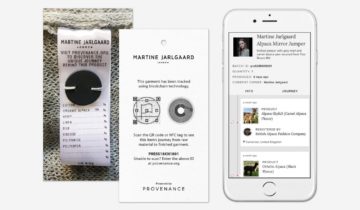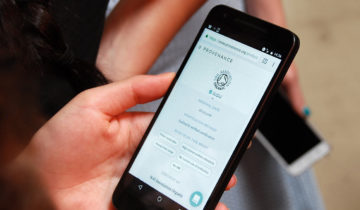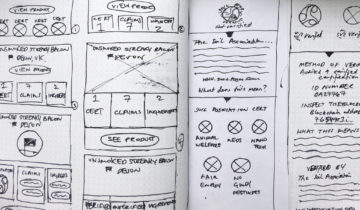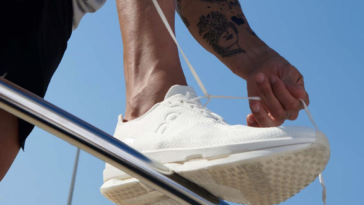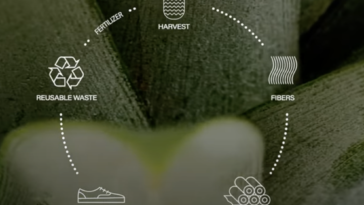5 years ago, 1138 people were killed and 2500 injured in the largest industrial tragedy in recent history. The world was awoken to the injustice caused by the world’s second most polluting industry: fashion. Years on, with little compensation from the multi billion dollar Rana Plaza foundation, and workplace safety still lacking (see the story). But Fashion Revolution Week is part of a wider movement changing the future of fashion, demanding to know #whomademyclothes and how. As change agency Futerra’s film shows, it can be as simple as a single question.
Provenance (see below) is helping this happen, using blockchain technology to track the path of the products we use, showing the processes behind it, proof of fair payment etc in the click of a button. The app is enabling the transition from linear supply chains to circular models in the fashion industry, partnering with brands like Peepeyewear and Martine Jalgaard and acting as the bridge that connects the shopper to the supply chain, so they feel invested in the story behind it.
What you see is what you get. Transparency is key. To personal life & relationships. Business is no exception. If brands want to build true trust with their customers, treat them as equals not treat instead of ignorants, they need to be transparent – with the places they produce their goods, the processes involved. It’s an unmissable opportunity to create a personal brand story, gain competitive advantage and stay one step ahead of the undeniably increasing demand for ethical goods. It empowers people to join the journey – asking #whomademyclothes to brands on social media, and influencing others to buy better, if not nothing.
This is about something bigger than ‘brand’. It’s about building bridges, an opportunity to take a stand for human rights and the environment. There’s nothing that sticks in the mind as those who are not afraid to do so, and enable others to too.


